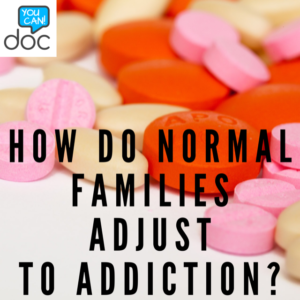Check out:
Brief History of Codependence
Rescuing Behaviors – First Responders
Persecuting Behaviors
Suffering Behaviors – Are You A Martyr?
Normal healthy families adjust to addiction and other’s in need, by developing predictable behaviors. These behaviors are typically referred to as “codependence.” Codpendent behaviors are viewed as dysfunctional. The most common codpendent behaviors include:
Rescuing Behaviors
Rescuing behaviors often protect the identified person from immediate consequences of their own irresponsible behavior and prevent growth from occuring. Surrounding loved-ones exhibit behaviors like denying, increased religious activities, coverying-up, and lying. Rescuing behaviors can be viewed as surrounding codependents trying to “fix” the identified person with “love” and “help.”
Persecuting Behaviors
As noted, the surrounding family members first try to love the identified person into “good” behavior by rescuing or enabling them. It doesn’t work. The rescuer gets fed up, angry and resentful with the person with the problem, and then turns to persecuting behaviors. A codependent’s typical reaction to a loved-one’s bad behavior are persecuting behaviors like: resentment, nagging, threatening, yelling, and blaming.
Suffering behaviors
Suffering behaviors are also known as being a “victim” or a “martyr.” Suffering behaviors typically occur after the codependent has tried everything. They have tried to rescue or enable the identified person without success. Next, they have tried to persecute – yell or control the identified person into change. Again with no success. So often the next step is to give up and suffer.Typical suffering behaviors include: guilt, loss of freedom, depression, and shame.
Here is a discussion with an addict, Bryn and his parents Cathy and Justin. In the discussion below drug addiction is the problem of concern. The same codependent behaviors occur with porn use, alcohol use, gambling, spending, etc.
(C) docyoucan 2019

